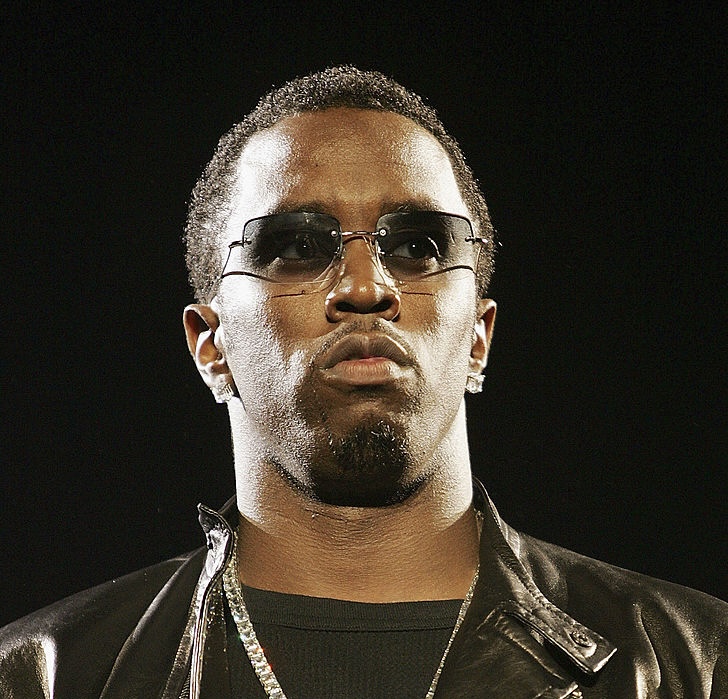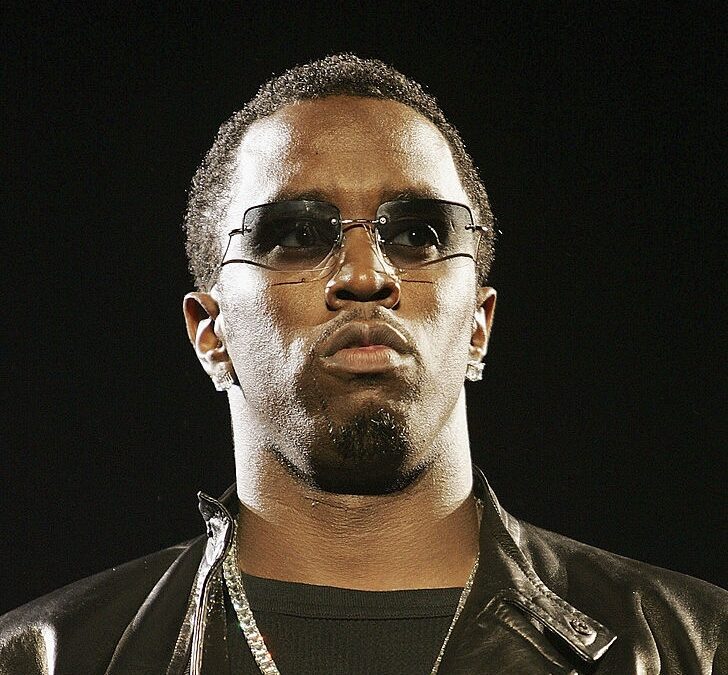Sean ‘Diddy’ Combs’ team end his defence case in 20 minutes
Sean ‘Diddy’ Combs’ lawyer, Alexandra Shapiro, made another plea for him to be acquitted.
Words by Nikki Peach

After seven weeks of gruelling testimony brought by federal prosecutors in New York, the trial of Sean ‘Diddy’ Combs is drawing to a close. When the time came for Diddy’s defence team to make their case in court, however, it only lasted about 20 minutes.
The music mogul’s lawyer, Alexandra Shapiro, argued that the government has failed to meet the burden in proving any of the charges against him – all of which he denies – and made a plea for Judge Arun Subramanian to drop the case. Diddy has pleaded not guilty to charges of sex trafficking, racketeering and transportation to engage in prostitution, but if he is convicted, he faces a life sentence.
In her address Shapiro claimed there were ‘deficiencies’ to each count and told the court why she thinks each charge should be dropped. She argued that the prosecution failed to show evidence that Diddy tried to bribe anyone regarding the 2016 CCTV footage of him violently beating his then-girlfriend Cassie Ventura, which was leaked to the press last May. Shapiro argued there was no police involvement at the time and no charges were pressed.
She also argued that Diddy never threatened ‘Mia’, an anonymous ex-employee and alleged victim, after she told the court he sexually assaulted her several times.
In another instance, Diddy’s former employee, Capricorn Clark, testified about being driven to a dilapidated building by Diddy’s head of security where she endured five days of lie detector tests. Clark told the court she was told she’d be thrown in the East River if she failed the tests. Shapiro argued that her client did not know this was happening.
With regards to the arson allegation from the rapper Kid Cudi’s testimony, Shapiro argued there was no evidence that Diddy was involved. Cudi, whose real name is Scott Mescudi, told the court Diddy had his car firebombed in 2012 after he briefly dated Diddy’s on-off girlfriend Cassie. The defence said Mescudi did not see the incident happen himself and there was female DNA on the Molotov bottle used to blow up the vehicle.
Shapiro also argued that the victims in the case were ‘capable women’ who could have left on their own accord, something that is likely to form the groundwork of their closing argument. She said Diddy was ‘regrettably violent, but domestic violence is not sex trafficking’. However, prosecutors have argued that Diddy’s former partners were coerced into unwanted sex acts with drugs, violence and other means.
‘This is my decision, your honour.’ – Sean Combs
The hasty defence was also in part because of Diddy’s decision not to testify in his own trial. He confirmed to the judge, ‘This is my decision, your honour. That is solely my decision. I mean, it’s my decision with my lawyers. My decision to make it. I’m making it.’ Diddy then told the judge he was ‘doing an excellent job’ and thanked him.
Then there’s the fact Diddy’s lawyers did not call any witnesses to the stand – in stark contrast with the 30 plus witnesses who were called by the prosecution. There is a possible explanation for this, according to Mitchell Epner, a New York-based lawyer and former prosecutor who told the BBC that it’s always difficult for defence teams to decide whether to call any fact witnesses to the stand. He explained that calling new witnesses can introduce more problems for the defence.
This would be particularly risky in Diddy’s instance, given that he was already admonished several times by the judge for interacting with the jury. The rapper allegedly gestured at jurors following a successful cross-examination and was subsequently threatened with removal from his trial.
With the end of the high-profile trial in sight, both sides are under pressure to pull together their arguments. Diddy’s might have been swifter than expected, but the prosecution has also made refinements.
The day before closing arguments, the prosecutors made the decision to remove some of the claims of arson and kidnapping against the music mogul. In the racketeering indictment, they accused Diddy of ‘creating a criminal enterprise whose members and associates engaged in, and attempted to engage in, among other crimes, sex trafficking, forced labour, kidnapping, arson, bribery, and obstruction of justice’. However, they have since narrowed these charges.
The lawyers wrote to the judge to propose three theories relating to this charge be dropped to ‘streamline’ jury instructions. ‘The Government is no longer planning to proceed on these theories of liability, so instructions are no longer necessary,’ the prosecutors wrote. However, all five federal charges against Diddy hold, despite his defence lawyer Alexandra Shapiro arguing for a judgement of acquittal on all counts.
Closing arguments are expected to be delivered in court before the weekend. The defence’s stance is likely to remain that there is not enough substantial evidence. While the prosecutors are expected to argue that Diddy used his global fame and business empire to run a criminal enterprise to sex traffic women and conceal his crimes. As for the jury’s deliberation period it could take anything between minutes or weeks to reach a verdict.
Photo: Getty

